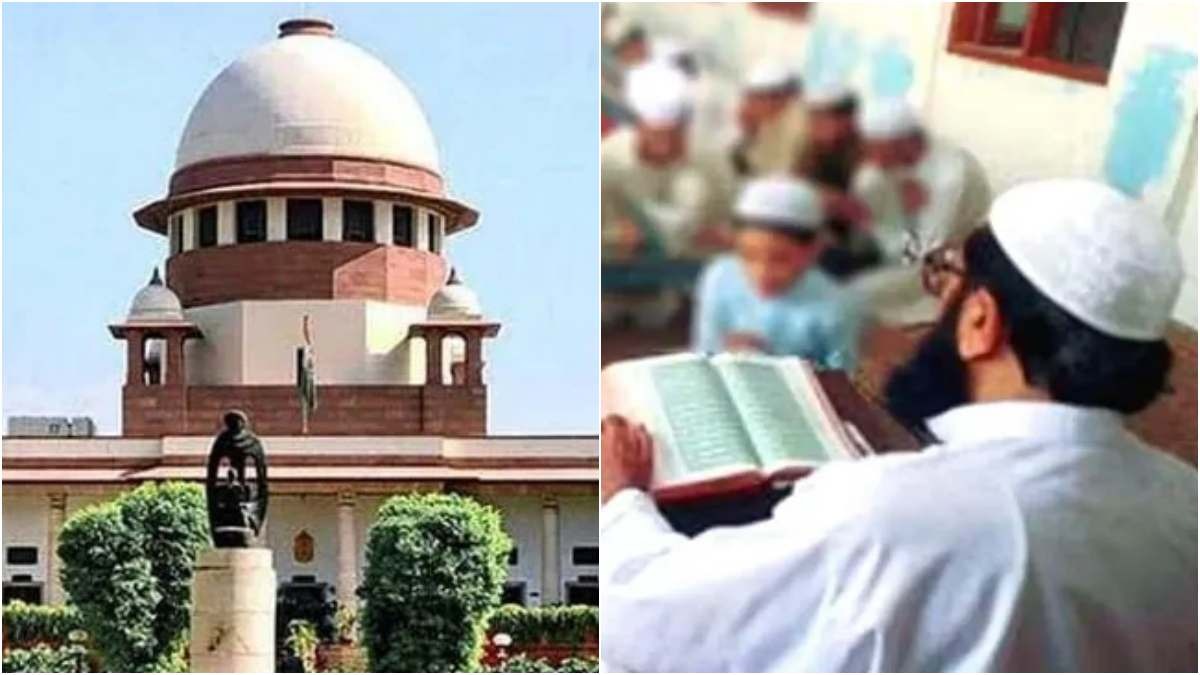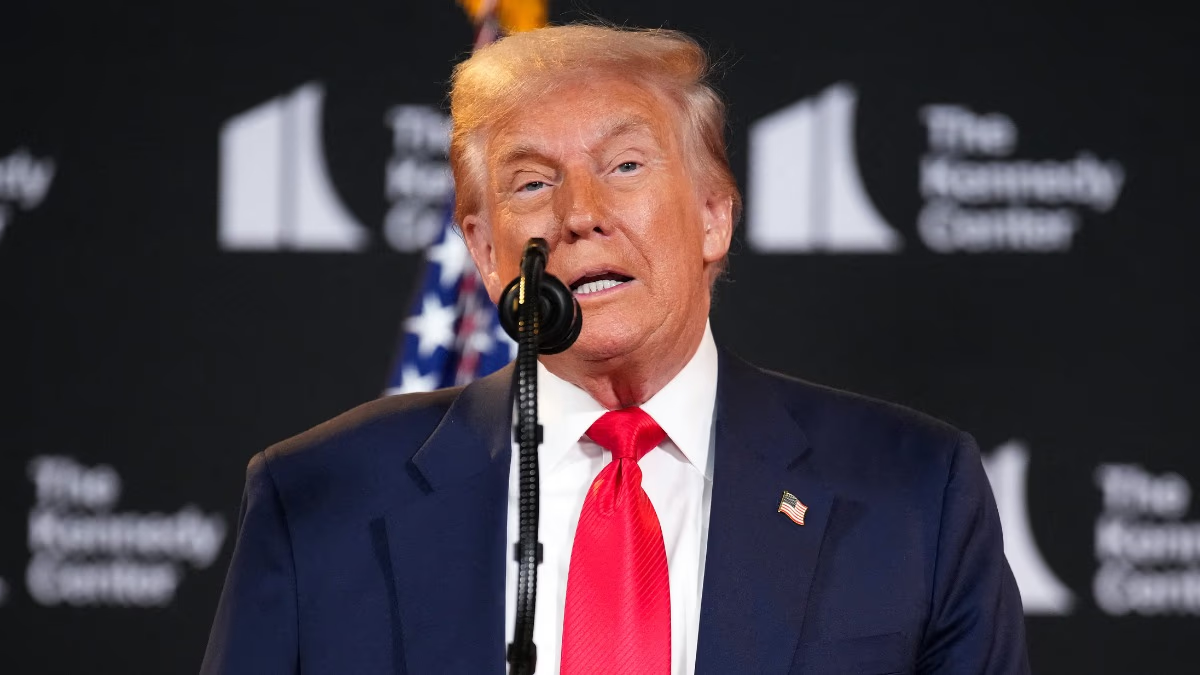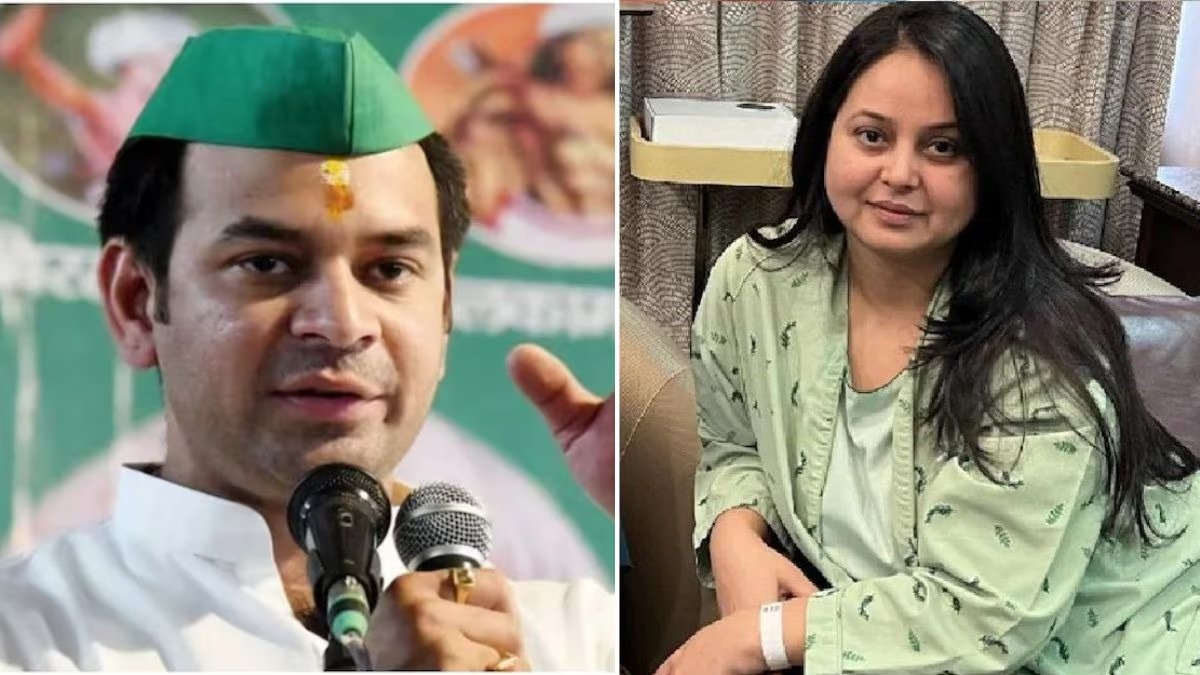The Supreme Court has provided significant relief to 17 lakh students across 25,000 madrasas in Uttar Pradesh. It has imposed a stay on the Allahabad High Court decision that declared the UP Madrasa Act 2004 unconstitutional. Furthermore, the apex court has issued a notice to the involved parties, including the Madrasa Board, the UP government, and the central government, requesting a response by June 30, 2024.
High Court decision incorrect: Supreme Court
The Supreme Court has remarked on the Allahabad High Court's ruling, suggesting that their assessment may not be accurate, particularly their conclusion that the Act contravenes the principles of secularism. The UP government themselves defended the Act in the High Court, which had initially ruled the 2004 Act unconstitutional. The Supreme Court has now challenged this ruling and extended notifications to the government and related parties.
In a significant twist, the Allahabad High Court labeled the UP Board of Madrasa Education Act 2004 unconstitutional. This decision was contested in the Supreme Court, led by Chief Justice D Y Chandrachud, Justice JB Pardiwala, and Justice Manoj Mishra. During the hearing, questions were raised regarding the state's defense of the Act in the High Court.
On behalf of the UP government, ASG KM Natraj acknowledged their earlier defense but accepted the High Court's decision to nullify the Act. This acceptance sparked a debate about whether the state should still bear the expense of a law it no longer supports.
High Court stepped beyond its bounds: Advocate Abhishek Manu Singhvi
Representing the UP Madrasa Board, senior advocate Abhishek Manu Singhvi argued that the High Court exceeded its jurisdiction in invalidating the Act. This ruling impacts 17 lakh students in nearly 25,000 madrasas in the state. According to a 2018 UP government directive, these madrasas teach modern subjects like science, environmental studies, and mathematics. Lawyer Mukul Rohatgi emphasized that the Quran is taught as a subject, not religious education. Huzefa Ahmadi, another senior advocate, distinguished religious education from religious subjects, advocating for a stay on the High Court's decision.
Singhvi contended that declaring the Act void would deregulate madrasas, which is unwarranted as long-standing traditions of educational institutions like gurukuls would be under threat. He mentioned a village in Shimoga district, Karnataka where residents speak Sanskrit and operate similar educational institutions. Singhvi urged the court to reflect on prior decisions establishing that religious education does not equate to religious instructions.
The advocates argued for the need to uphold the state's secular responsibility to treat all religions with respect and equality. Since education is within the state's primary duties, it must remain secular in its approach without favoring or establishing different educational systems for different religions.
Lawyer Mukul Rohatgi reiterated that these institutions teach various subjects and are not exclusive to religious education. As the nation awaits the next hearing in July's second week, the debate continues on the crucial balance between tradition, education, and secular values in India's madrasas.




